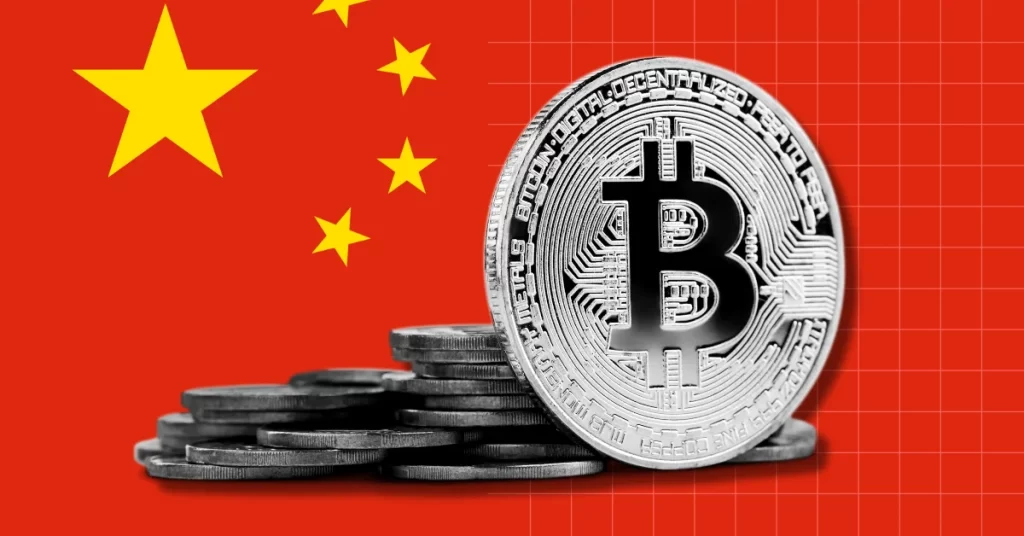China Sells $16 Billion in Seized Bitcoin: Lack of Rules Sparks Major Concerns


The post China Sells $16 Billion in Seized Bitcoin: Lack of Rules Sparks Major Concerns appeared first on Coinpedia Fintech News
China has built up a large stash of cryptocurrencies from illegal activities, and now local governments are looking for ways to sell off the holdings. Courts and financial industry have raised concerns calling out on clearer rules to handle these digital assets.
Despite its 2021 ban on crypto trading, recent reports reveal that China has been offloading massive Bitcoin stash. Notably, by the end of 2023, local governments in China were holding around 15,000 Bitcoin worth about $1.4 billion and the sales have become a significant source of income to them.
China has reportedly sold about 194,000 Bitcoin worth around $16 billion. According to the speculations, local governments are working with private firms to offload their crypto holdings. This makes China the second-largest Bitcoin holder after the U.S., showing its mixed and strategic approach toward cryptocurrencies, according to data from Bitbo.
A lack of clear rules on how the Chinese authorities should handle the seized cryptocurrencies has led to confusion and different regions are handling it in inconsistent and unclear ways. This has led to concerns among lawyers that this could encourage illegal behaviours and increase the risk of corruption, as per a report from Reuters.
Attorney’s senior judges and police are debating on new rules that could change how seized cryptocurrencies are handled. This could prove to be a major shift in China’s crypto industry, especially amidst the rising US China tensions under Trump’s second term, while Trump plans to deregulate crypto and establish a strategic Bitcoin reserve in US.
However, Professor Chen Shi from Zhongnan University remarked that selling seized crypto is just a temporary fix and doesn’t fully follow China’s crypto ban. He stressed that better rules are urgently needed as more cases and larger amounts of money are involved.
At a January seminar where the issue was discussed, lawyer Guo Zhihao highlighted that China’s ban on crypto trading creates a conflict with local authorities’ need to sell the seized digital currencies. Instead, he suggested that China’s Central bank should look over the process, either by selling the crypto abroad or creating a national reserve, like President Trump is planning in the US.
Although the seminar did not guarantee any changes, most experts agreed that China needs to officially recognise crypto and clear process to handle the seized digital currencies needs to be developed.
Crypto Related Crimes Surge
Further in 2023, China also witnessed a surge in cypto-related crimes with cases involving internet fraud, money laundering, and illegal gambling. The amount of money tied to these crimes soared to $59 billion, and over 3,000 people were sued for money laundering.
As criminal cases increased, local governments saw a 65% rise in confiscation incomes, reaching a record $378 billion. Seized cryptocurrencies have become a significant financial resource for some cities, further complicating the issue of crypto regulation.



